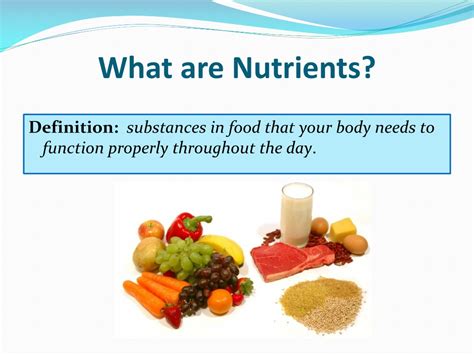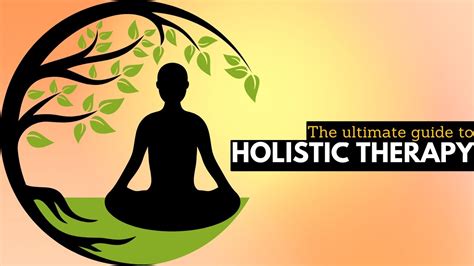How can men naturally optimize testosterone for peak performance & drive?

Testosterone, often hailed as the cornerstone of male vitality, plays a crucial role far beyond just muscle mass and sex drive. Optimal levels are essential for energy, mood stability, cognitive function, bone density, and overall metabolic health. In an age where declining testosterone levels are increasingly common, many men are seeking natural, sustainable ways to optimize this vital hormone for peak performance and an undeniable sense of drive.
The Foundation: Lifestyle Pillars
True testosterone optimization isn’t about quick fixes; it’s about building a robust foundation through key lifestyle adjustments. These pillars work synergistically to create an environment where your body can thrive and naturally produce testosterone more efficiently.
1. Prioritize Quality Sleep
Sleep is arguably the most underrated factor in hormone regulation. Most of your daily testosterone is produced during deep sleep phases. Chronic sleep deprivation, even just a few nights of inadequate rest, can significantly plummet testosterone levels. Aim for 7-9 hours of high-quality, uninterrupted sleep per night. Establish a consistent sleep schedule, create a cool, dark, and quiet bedroom environment, and avoid screens before bed to support your body’s natural circadian rhythm.

2. Embrace Strategic Exercise
Not all exercise is created equal when it comes to testosterone. High-intensity resistance training, focusing on compound movements like squats, deadlifts, bench presses, and rows, is particularly effective. These exercises engage multiple large muscle groups, stimulating a significant hormonal response. Short bursts of high-intensity interval training (HIIT) can also be beneficial. However, beware of chronic endurance training without adequate recovery, as it can sometimes lead to an increase in cortisol (the stress hormone), which can suppress testosterone.
3. Optimize Your Nutrition
Your diet provides the building blocks for testosterone. Ensure you’re consuming adequate amounts of healthy fats (from avocados, nuts, seeds, olive oil), which are crucial for hormone production. Protein intake is vital for muscle repair and growth, indirectly supporting testosterone by maintaining lean mass. Don’t overlook micronutrients: Zinc (found in oysters, red meat, pumpkin seeds) and Vitamin D (from sunlight exposure, fatty fish, fortified foods) are particularly critical for testosterone synthesis. Magnesium also plays a significant role in free testosterone levels.

4. Master Stress Management
Chronic stress is a testosterone killer. When you’re constantly under pressure, your body produces elevated levels of cortisol. Cortisol and testosterone share precursor hormones, meaning high cortisol can effectively “steal” resources that would otherwise go towards testosterone production. Implement stress-reduction techniques such as mindfulness meditation, yoga, deep breathing exercises, spending time in nature, or engaging in hobbies you enjoy. Prioritizing mental well-being is non-negotiable for hormonal health.
Beyond the Basics: Advanced Strategies
Once the foundational lifestyle elements are in place, certain other considerations can further enhance your testosterone optimization efforts.
5. Maintain a Healthy Body Weight
Excess body fat, particularly visceral fat around the abdomen, can convert testosterone into estrogen through an enzyme called aromatase. Losing weight if you’re overweight or obese can significantly improve testosterone levels and reduce estrogen dominance. Focus on sustainable, healthy weight loss through diet and exercise, rather than crash dieting.
6. Limit Exposure to Endocrine Disruptors
Our modern environment is filled with chemicals that can interfere with hormone production. Endocrine-disrupting chemicals (EDCs) found in plastics (BPA, phthalates), pesticides, and certain personal care products can mimic or block hormones, potentially lowering testosterone. Minimize your exposure by choosing glass or stainless steel containers, eating organic produce where possible, and selecting natural personal care products.

7. Consider Targeted Natural Supplements (With Caution)
While a whole-food diet is paramount, certain natural supplements can offer support, especially if you have identified deficiencies or specific needs. Vitamin D3, Zinc, and Magnesium are often recommended. Herbs like Ashwagandha (known for stress reduction and modest T-boosting effects) and Fenugreek (which may help increase free and total testosterone) have shown promise in some studies. Always consult with a healthcare professional before starting any new supplement regimen, as individual needs and interactions can vary.

The Synergy of Natural Optimization
Optimizing testosterone naturally is a holistic journey, not a sprint. It requires a consistent, integrated approach across diet, exercise, sleep, and stress management. There’s no single magic bullet, but rather a synergistic effect when these elements are aligned. By committing to these natural strategies, men can not only enhance their testosterone levels but also experience profound improvements in energy, focus, mood, physical performance, and overall zest for life.










